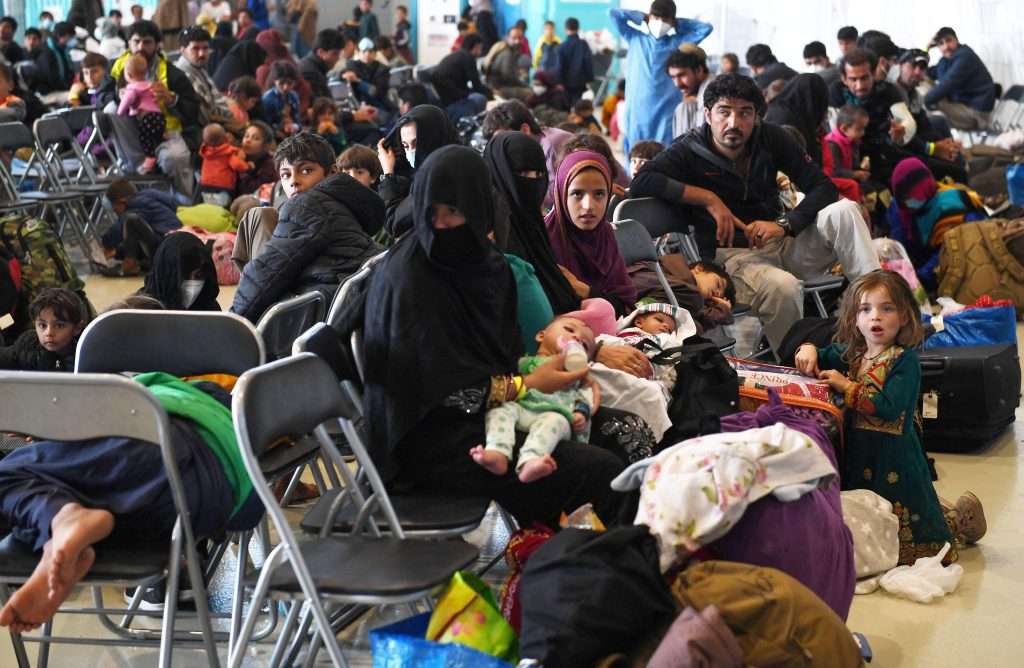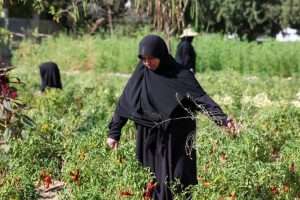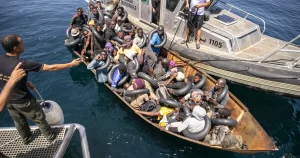Afghan refugees have faced conflict and deportations in Iran

As Israeli and US airstrikes struck Iran in recent days, thousands of Afghan refugees have found themselves themselves trapped, discriminated, and at constant risk of deportation, as reported by The New Arab on June 24th.
As the Iran-Israel conflict intensified, thousands of undocumented Afghan refugees found themselves facing the threat of airstrikes, as well as navigating systemic discrimination, restricted movement, and risks of deportation.
One such refugee, Zahra, in her 20s, arrived in Iran nine months ago to apply for an Irish visa after being accepted into a PhD programme at the University of Galway. She was awaiting news of her application in Tehran when the Israeli airstrikes began.
As she tried to flee to the north-eastern city of Mashhad on June 19th, she was disallowed from entering the bus terminal. She wrote: “A soldier stopped me and said, ‘You’re Afghan, you’re not allowed in.’ I wanted to go to Mashhad, as it’s apparently safer, but the roads are closed to us.”
As she was heading home, Zahra witnessed Iranian soldiers forcibly removing Afghans from their cars and leaving them by the roadside to be sent back to Afghanistan. Such actions only corroborate data published by the International Organisation for Migration (IOM) which has recorded a sharp rise in the forced return of Afghan nationals from Iran since the beginning of May 2025.
The spike in deportations follows the recent announcement by Iranian authorities that set a July 6th 2025 deadline for all undocumented Afghans to leave Iran, potentially affecting up to four million people, according to Amu TV on May 28th.
For refugees like Zahra, a forced deportation to Afghanistan would entail restrictions on basic rights and freedoms.
Following the withdrawal of all US military personnel on August 31st, 2021, the Taliban soon retook control of the country. As reported by the European Union Agency for Asylum, under Taliban rule, women and girls in Afghanistan have experienced “large-scale” and “systematic” infringements of their human rights that have been carried with “harsh enforcement methods”.
The Taliban have implemented policies that enforce “gender persecution and an institutionalized framework of gender apartheid”.
Zahra, an education activist for girls, fears a bleak future should she be forced to return to Afghanistan, while the shaky ceasefire between Israel and Iran can offer only a limited sense of security while she remains trapped in Tehran.
The New Arab, International Organization for Migration, European Union Agency for Asylum, Amu TV
Want to chase the pulse of North Africa?
Subscribe to receive our FREE weekly PDF magazine












